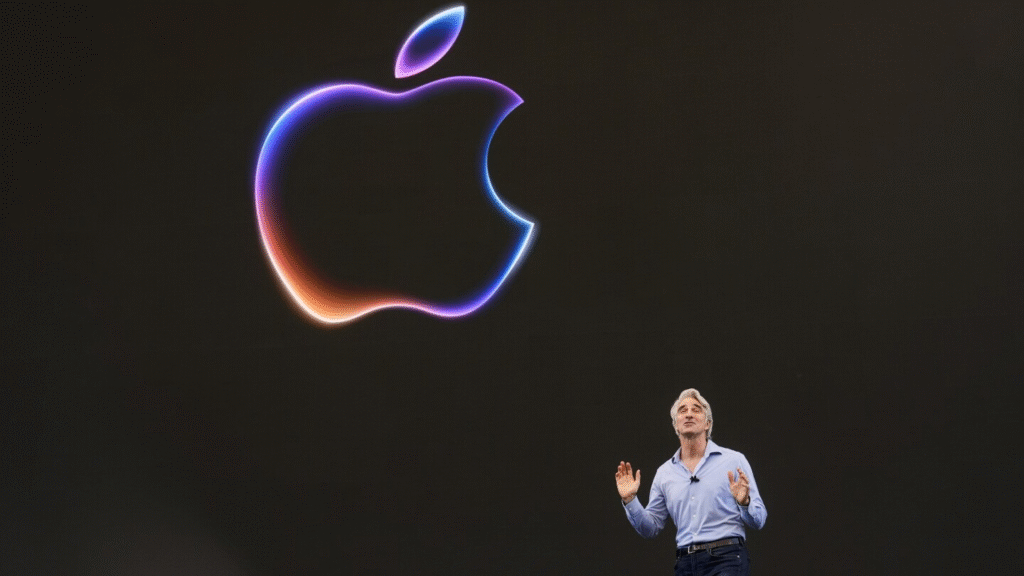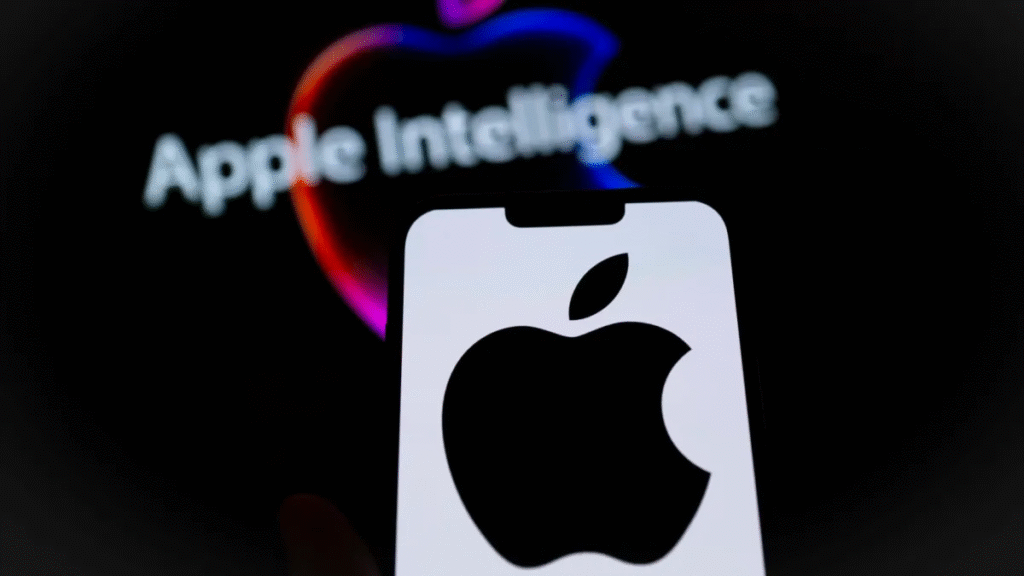Investors at Wedbush Securities believe that Apple’s recent developer conference showed only the first steps of its AI strategy. The firm’s lead technology analyst, Daniel Ives, argues that Apple must move quickly to expand its Apple Intelligence platform. He warns that Apple’s window to convince investors of its AI progress is limited. If the company fails to deliver major improvements in the next year, it may need to make large-scale AI acquisitions to keep pace.

Mixed Reactions to WWDC
Most analysts greeted Apple’s WWDC 2025 keynote with caution. The event did showcase new AI tools and opened Apple Intelligence to third-party developers. Yet many experts saw the AI announcements as more incremental than revolutionary. Wedbush shares this view. The firm notes that Apple chose to be cautious in public AI demonstrations. That approach may have been wise after last year’s misfires. But caution alone may not satisfy investors who expect bold breakthroughs.
The Critical Year Ahead
Ives emphasizes that Apple has only twelve months to show concrete gains in Apple Intelligence. He views the coming year as a make-or-break period. If Apple’s AI tools fail to impress users and developers, investor confidence could erode. To meet high expectations, Apple must move beyond limited previews and deliver deeply integrated AI features. It will also need to demonstrate that its AI platform can power a broad array of apps and services.
Acquisition as a Catalyst
According to Wedbush, one path to rapid AI progress lies in targeted acquisitions of specialised AI companies. Apple already absorbs dozens of small firms each year. It often buys startups working on machine learning or computer vision. Yet most of these deals remain under the radar due to Apple’s practice of disclosing only the largest acquisitions. Wedbush suggests that Apple may need to pursue deals of greater scale. Buying mature AI teams or assets could bring fresh expertise and accelerate feature development.
Potential AI Targets
It is not yet clear which AI companies could fit Apple’s needs. Analysts point to several fields where Apple lags rivals. Natural language understanding remains a challenge for Siri. Generative models could be improved with teams that specialise in large language models and training infrastructure. Apple’s vision for contextual assistants may require advanced voice recognition and sentiment analysis systems that existing teams could supply immediately.
Balancing In‑House and Bought Expertise
Apple has built some of its AI capabilities in‑house. Its on‑device neural engines and machine learning toolkits power features like on‑device dictation and photo analysis. Yet many observers say that scaling up to full generative AI assistants will require new talent and GPU infrastructure. Acquisitions could complement Apple’s internal efforts. They might also bring cloud services that integrate smoothly with Apple’s tightly controlled hardware ecosystem.

Investor Outlook
In spite of the reservations, Wedbush is pretty bullish on the long-term prospects of Apple. The company reaffirms its price goal of two seventy dollars a share. It feels that the general health and liquidity of Apple provide flexibility to spend a lot of money on AI. Wedbush believes that Apple is successful at breaking into novel markets and considers AI to be the new area where Apple needs to demonstrate itself.
It is a highly important year for Apple. It should demonstrate that it can compete or even beat the rivals with its vision of Apple Intelligence. In case of its internal advancement being insufficient, strategic acquisitions can provide a rapid path to the provision of the desired advanced AI features that users and investors demand.





